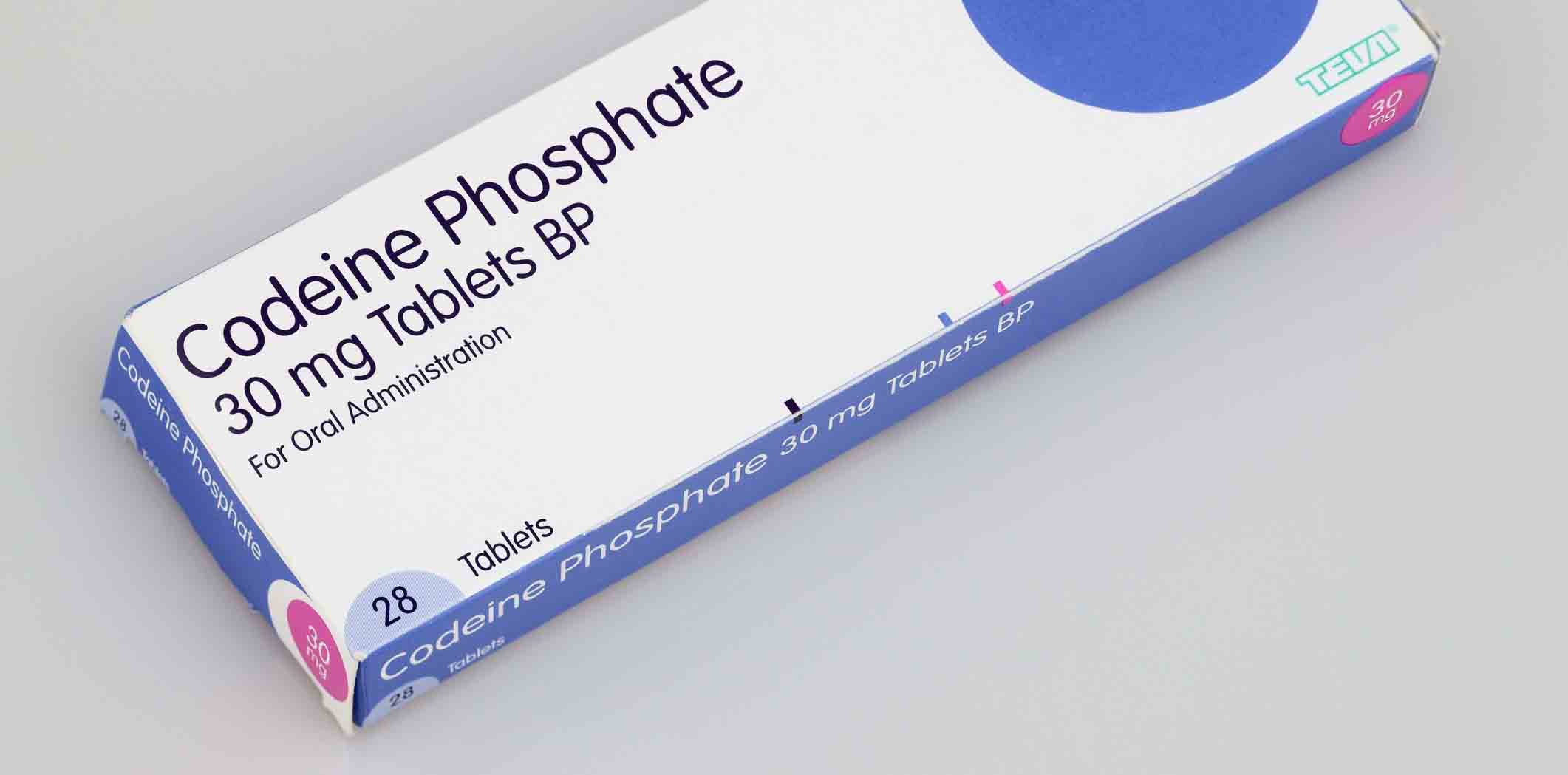The up-scaling of codeine to prescription-only status has led to a 50% reduction in consumption of the drug, the TGA says
The up-scaling of codeine to prescription-only status has led to a 50% reduction in consumption of the drug, the TGA says.
The TGA analysed sales data from the pharmaceutical industry and compared that with data from the Australian Bureau of Statistics to determine annual codeine consumption in Australia over 11 months in 2018.
The results showed the total number of codeine products supplied last year (17.1 million packs) was approximately half the total amount supplied on average annually (34.7 million packs) over the previous four years.
Codeine was up-scheduled in February last year in response to compelling evidence that low-dose codeine medications in combination with paracetamol, ibuprofen or aspirin, were not any more effective for treating pain than non-codeine products.
Over-the-counter codeine medications were also found to be associated with health risks, including addiction leading to liver damage, gastrointestinal perforations, blood potassium imbalances and respiratory complications.
The TGA analysis also found patients, contrary to suggestions from the Pharmacy Guild of Australia, which vigorously opposed the up-scheduling move, were not being prescribed stronger doses of codeine after the change.
The amount of of high-strength (30mg) codeine supplied was not statistically significantly different when compared with the projected amount supplied prior to the up-scheduling, the TGA said.
“Our analysis does not support the assertion that many patients were switched from low- to high-strength codeine medicines after upscheduling,” the TGA said.


